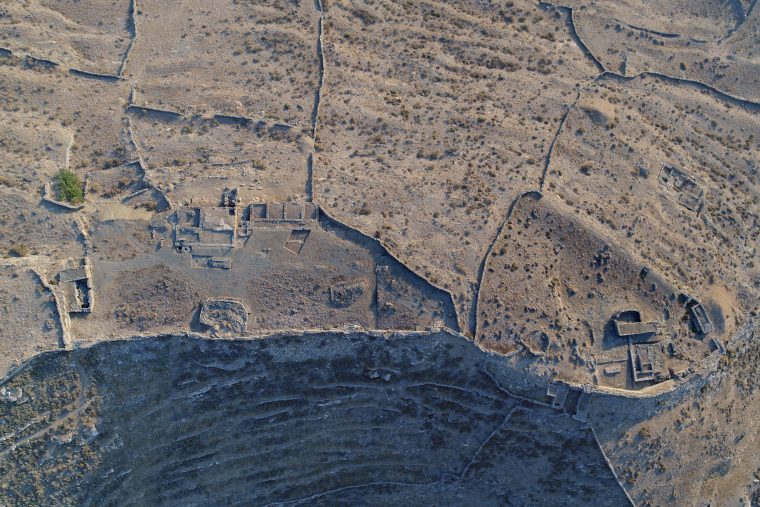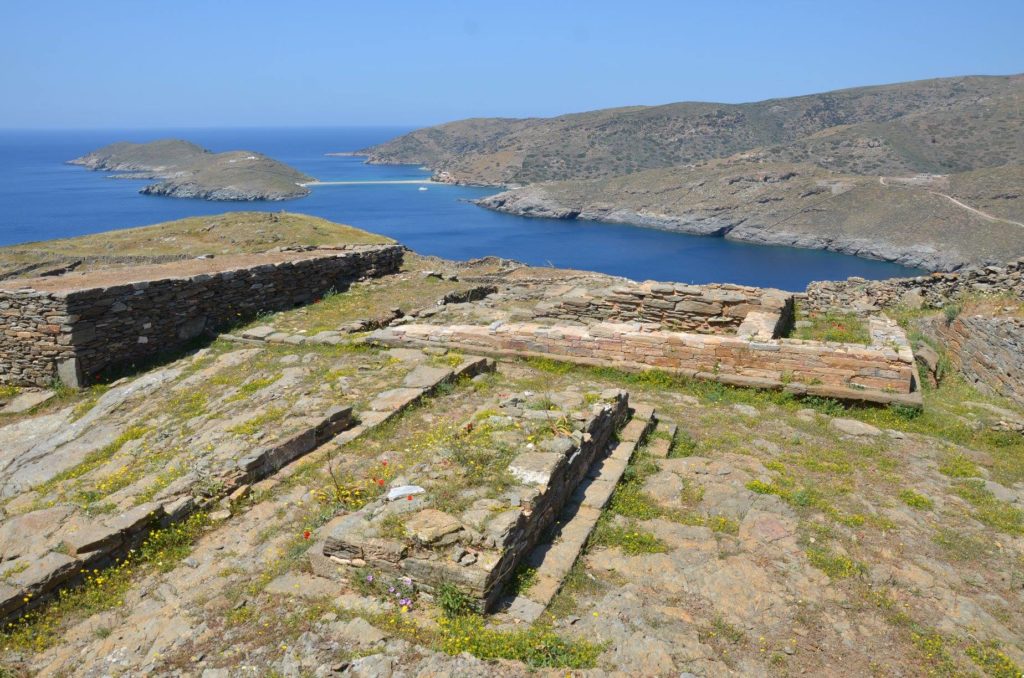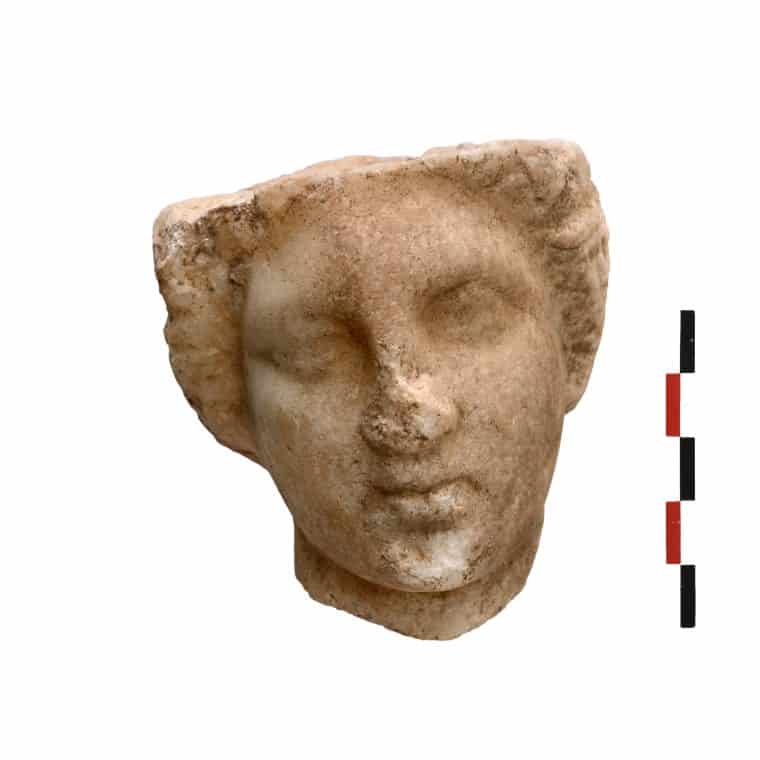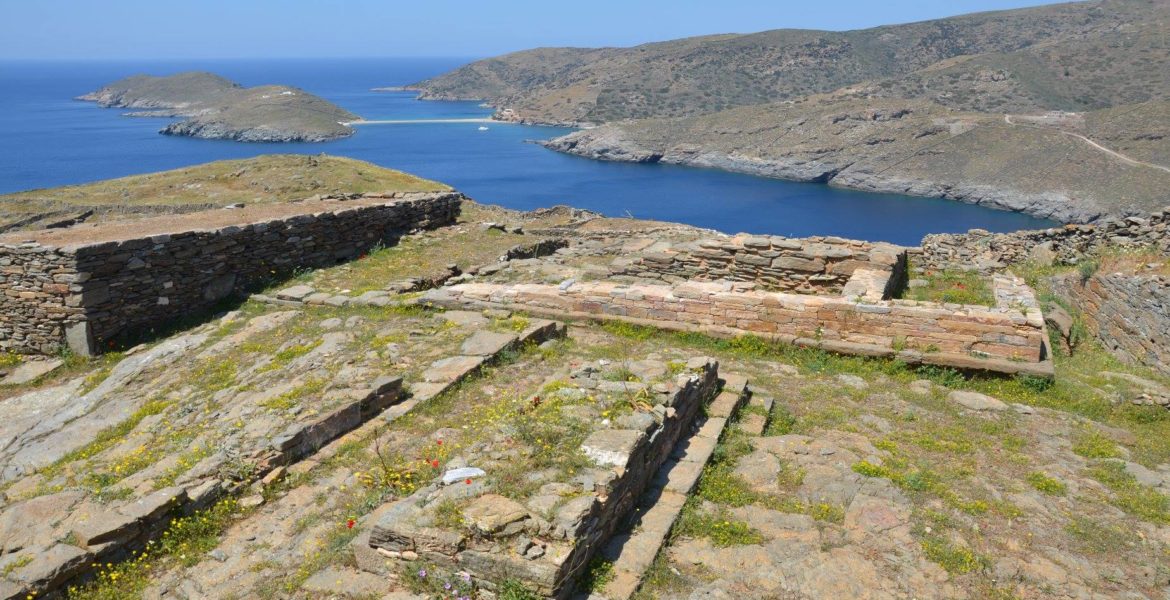
Archaeologists have made a huge discovery with signs of habitation stretching from the Protocycladic era until the 7th-8th century AD, which was unearthed at Vryokastro on the island of Kythnos, the site of an ancient city, and the nearby islet Vryokastraki that was once connected to the island by a narrow isthmus.

The excavation work was carried out from June 24 until August 4 and finds include an early Christian basilica with later additions, including two towers and strong exterior walls, a number of rectangular rooms partly carved from rock that was used until late antiquity and obsidian tools and pottery shards of the Protocycladic era.
The latter provides the first definitive proof of a 3rd millennium BC Protocycladic settlement on Vryokastraki, according to an announcement by Cyclades Antiquities Ephorate and Thessaly University, which noted that some of the stone-carved rooms may also date back to this time.

It also showed evidence that the location was resettled in the 12th century BC after a period when it was abandoned, and then continuously inhabited from that time until the 7th or 8th century AD since all subsequent eras are represented by finds unearthed on the site.
The city, which archaeologists believe was based on the islet, started to shrink in the early Byzantine period and was finally abandoned, with the remaining inhabitants moving to the fortress now known as Orias Castle.


